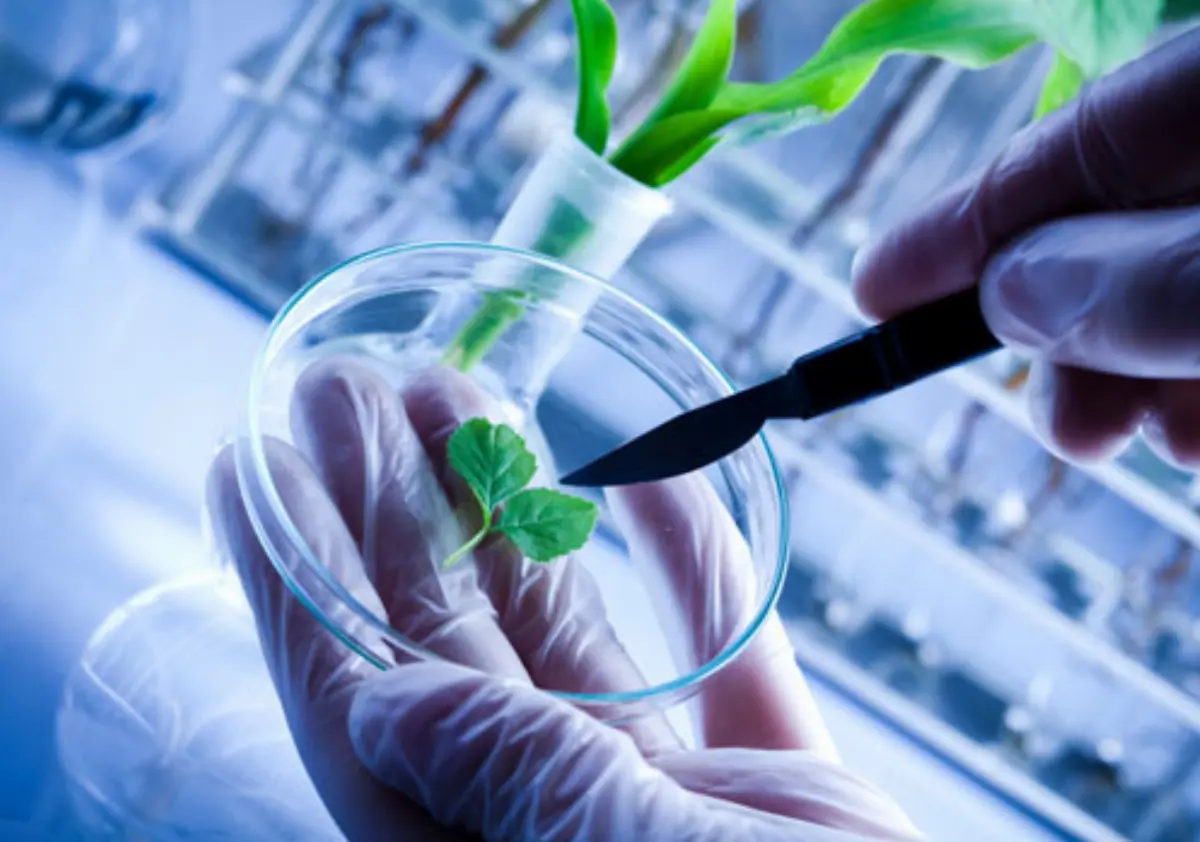
Biotechnology and biomanufacturing: EU proposes a package of actions
Identify a series of actions aimed at removing obstacles and supporting innovation

The European Commission today proposed a series of targeted actions to promote biotechnology and biomanufacturing in the EU. The Communication "Building the future with nature" identifies challenges and obstacles and proposes to address them, in line with the Communication on the EU's long-term competitiveness. Advances in life sciences, supported by digitalisation and artificial intelligence, and the potential of biology-based solutions to solve social issues and make biotechnology and biomanufacturing one of the most promising technological sectors of this century, can help the EU to modernize the agriculture, forestry, energy, food and feed and industry sectors. Furthermore, such technologies can contribute to a more competitive and resilient EU, offering better healthcare to its citizens and achieving the green and digital transitions.
The EU biotechnology and biomanufacturing sector faces several challenges: research and technology transfer to market, regulatory complexity, access to finance, skills, value chain barriers, intellectual property , public acceptance and economic security.
For this reason, the Commission proposes a series of actions, the first of which involves stimulating research and stimulating innovation: To help identify the drivers and bottlenecks of innovation and technology adoption, the Commission has launched a study to examine the EU's position compared to other world leaders in the generation and transfer of emerging biotechnology to the biomanufacturing industry.
To facilitate more productive use of research infrastructures, the Commission will examine ways to accelerate the development and use of the Industrial Biotechnology and Synthetic Biology Innovation Accelerator (EU Ibissba) as a database and network reliable digital services for the sector. Another objective is to stimulate market demand: to be successful, bioproducts must demonstrate their lower environmental impact compared to, for example, petrochemical products. The Commission will therefore review the evaluation of fossil- and bio-based products to ensure equivalence of treatment and will integrate methodologies for carbon storage in construction materials.
To accelerate the substitution of fossil raw materials and stimulate demand and market uptake of biomanufactured products, the Commission will carry out an in-depth impact assessment of the feasibility of bio-content requirements in specific product categories and in public procurement. Furthermore, the Commission will examine how non-food products of organic origin could better establish themselves through the labeling of bio-based products.
EFA News - European Food Agency